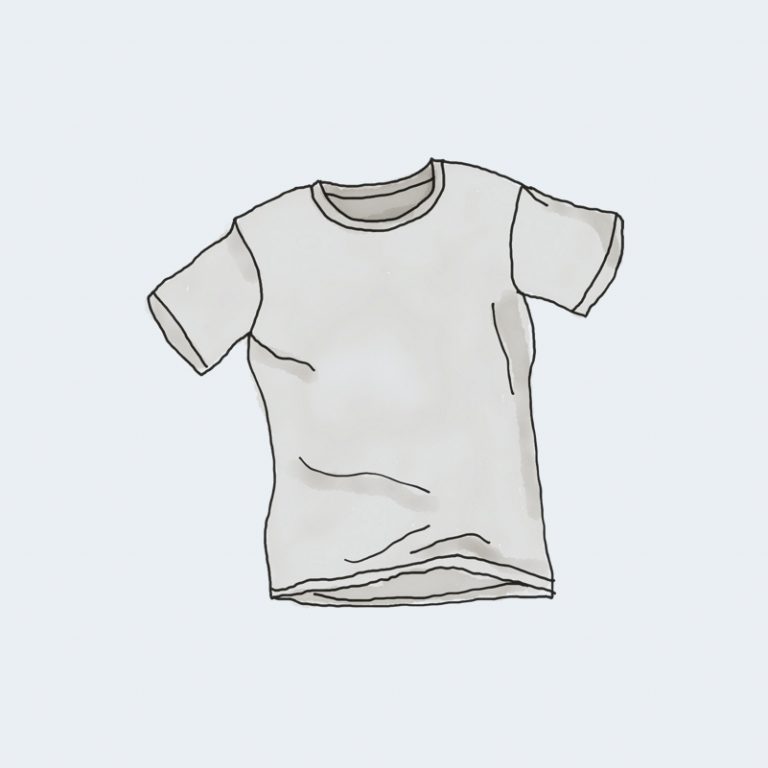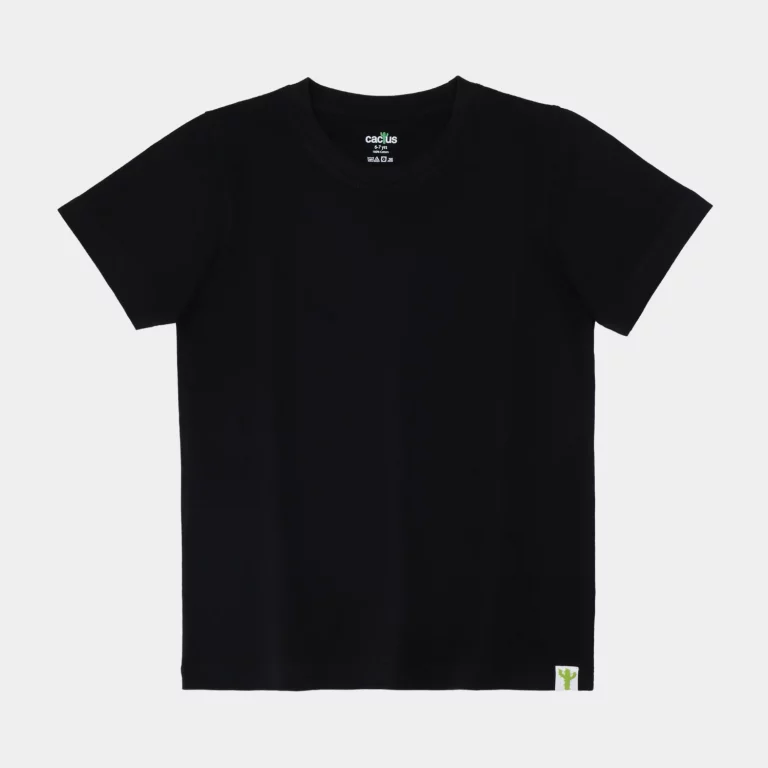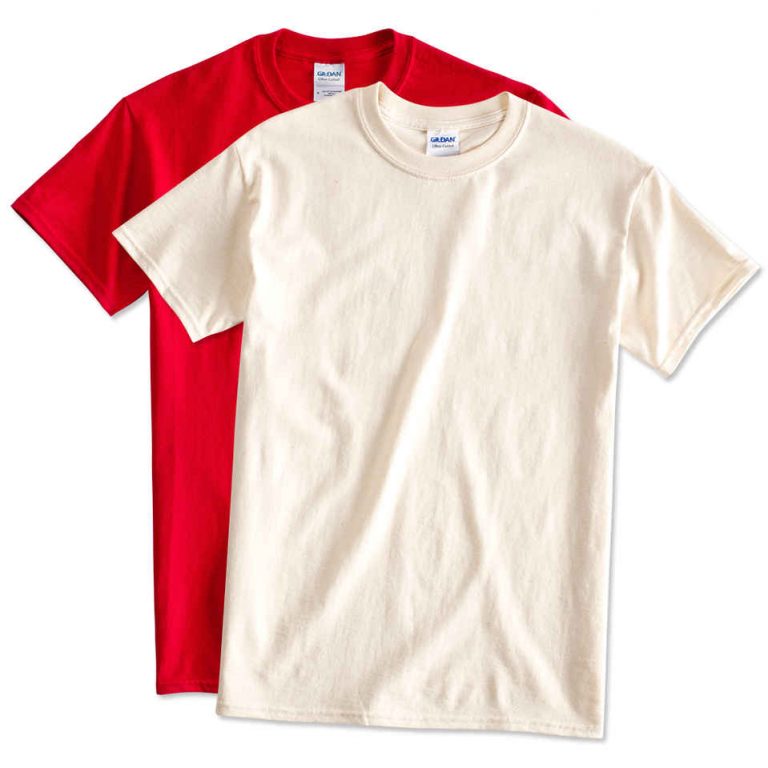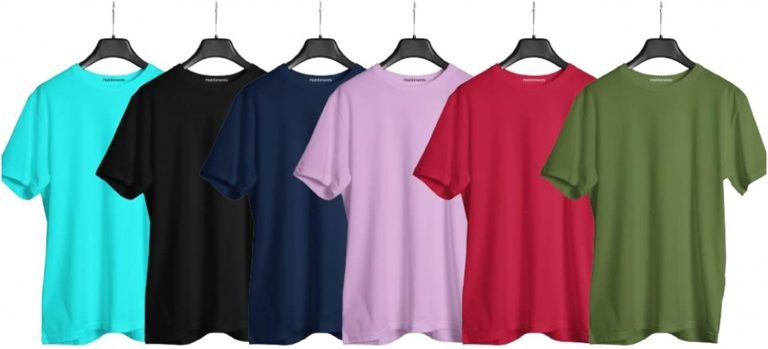SEO Blog
How Much Do T-Shirts Weigh?
How Much Do T-Shirts Weigh? A Comprehensive Guide to T-Shirt Weight
When it comes to selecting the perfect t-shirt, understanding the weight of a t-shirt can be crucial. Whether you’re looking to make a purchase, customize shirts, or just curious, knowing how much t-shirts weigh can help you make informed decisions. In this guide, we’ll explore everything you need to know about t-shirt weight, including how it varies by fabric, size, and more.

Introduction
Importance of Knowing T-Shirt Weight
Understanding the weight of t-shirts is not just about knowing how heavy or light they are. It plays a significant role in comfort, durability, and even shipping costs. Lightweight t-shirts are often preferred for their comfort and breathability, especially in warmer climates, while heavier t-shirts can offer more durability and warmth.
Factors Influencing How Much a T-Shirt Weighs
T-Shirt Fabric Weight
The fabric weight of a t-shirt is one of the most critical factors in determining its overall weight. Fabric weight is measured in grams per square meter (GSM) or ounces (oz). For example, a typical lightweight t-shirt might have a fabric weight of 120 GSM (approximately 4 oz), whereas a heavyweight t-shirt could be around 200 GSM (approximately 7 oz).
- Cotton T-Shirts: Cotton is a popular choice for t-shirts due to its softness and breathability. The weight of cotton t-shirts typically ranges from 4 to 6 oz. Higher cotton content usually means a heavier t-shirt.
- Polyester and Blends: Polyester t-shirts or blends (e.g., cotton-polyester) often weigh less, ranging from 3 to 5 oz. These fabrics are known for their durability and resistance to wrinkles and shrinking.
- Canvas and Heavier Fabrics: Some t-shirts, especially those designed for durability or work, might use heavier fabrics like canvas. These can weigh upwards of 7 oz or more.

Fabric Density (GSM and oz)
Fabric density, measured in GSM or ounces, affects the t-shirt weight significantly. Higher GSM or oz means a denser, often heavier shirt. Here’s how these measurements translate:
- Lightweight T-Shirts: Typically between 120-160 GSM (approximately 4-5 oz). Ideal for casual wear and warmer climates.
- Medium Weight T-Shirts: Usually around 160-200 GSM (approximately 5-6.5 oz). Suitable for daily wear and some layering.
- Heavyweight T-Shirts: Over 200 GSM (approximately 7 oz or more). Often used in colder climates or for durability.
T-Shirt Size and Cut
The size and cut of a t-shirt also influence its weight. Larger sizes such as XXL or XXXL will naturally weigh more due to the additional fabric. Similarly, different cuts like slim fit or oversized will affect how the fabric is distributed and thus the overall weight.

Printing and Embellishments
Customizations like printing or embroidery add extra weight to t-shirts. A t-shirt with a large vinyl print or intricate embroidery can weigh significantly more than a plain t-shirt. This added weight is essential to consider, especially for bulk orders or shipping purposes.
Average Weight of Different Types of T-Shirts
Lightweight T-Shirts
Lightweight t-shirts are favored for their comfort and breathability. These shirts typically weigh between 3-4 oz. They are great for summer wear and are often made from thinner fabrics such as lightweight cotton or polyester blends.

Medium Weight T-Shirts
Medium weight t-shirts generally weigh between 4-5.5 oz. They provide a good balance between comfort and durability, making them suitable for everyday wear. These t-shirts are often made from standard cotton or cotton-blend fabrics.
Heavyweight T-Shirts
Heavyweight t-shirts, ranging from 6-7 oz or more, are designed for durability and warmth. They are often used for work shirts, colder climates, or where durability is a priority. These t-shirts usually have a thicker fabric, such as heavyweight cotton or canvas.

How to Calculate the Weight of a T-Shirt
Step-by-Step Calculation Guide
- Measure the Fabric Dimensions: Start by measuring the dimensions of the fabric used to make the t-shirt.
- Calculate Fabric Weight: Use the formula for fabric weight, which involves multiplying the fabric area (in square meters) by the GSM.
- Add Customization Weight: If the t-shirt has prints or embroidery, add the weight of these customizations.
- Total Weight: Sum up the fabric weight and the additional weight from customizations to get the total t-shirt weight.
Using T-Shirt Weight Guides and Tools
Online tools and guides can help you estimate t-shirt weight. Many apparel manufacturers and suppliers offer weight guides that can assist in determining the weight of t-shirts based on size, fabric, and customization. These tools are particularly useful for businesses and bulk buyers.

Why T-Shirt Weight Matters
Shipping Considerations
T-shirt weight plays a significant role in shipping costs. Heavier t-shirts will generally cost more to ship than lighter ones. Understanding the weight of t-shirts can help you estimate shipping costs more accurately, especially for bulk orders.
Comfort and Wearability
The weight of a t-shirt impacts its comfort, especially in different climates. Lightweight t-shirts are perfect for hot weather as they are breathable and keep you cool. Heavier t-shirts provide warmth and are better suited for cooler weather or layering.
Durability and Longevity
Heavier t-shirts often have greater durability and can last longer than lightweight ones. This is particularly important for workwear or t-shirts that are subject to frequent use and washing. However, lightweight t-shirts can still be durable if made from high-quality fabrics.
Examples of T-Shirt Weights by Brand and Type
Comparison of Popular Brands
Brands like Gildan, Hanes, and American Apparel offer various t-shirt weights:
- Gildan: Known for its range of t-shirt weights, from lightweight (4.5 oz) to heavyweight (6.1 oz).
- Hanes: Offers medium-weight t-shirts (5.2 oz) that are durable and comfortable.
- American Apparel: Provides both lightweight (4.3 oz) and heavier options (6 oz).
Case Study: Weight of Cotton T-Shirts vs. Blended Fabrics
Cotton t-shirts generally weigh more than polyester or cotton-blend t-shirts. For example:
- Cotton T-Shirts: Typically weigh 4-6 oz depending on the GSM and size.
- Blended Fabrics: Often lighter, around 3-5 oz, and offer benefits like wrinkle resistance and durability.

FAQs About T-Shirt Weight
How Much Does a T-Shirt Weigh on Average?
On average, a standard t-shirt weighs between 4-5 oz. However, this can vary based on fabric type, size, and customizations.
Does a Heavier T-Shirt Mean Better Quality?
Not necessarily. Heavier t-shirts often indicate more durability, but quality also depends on the fabric and construction. Lightweight t-shirts can also be of high quality if made from good materials.
What is the Lightest T-Shirt Fabric?
The lightest t-shirt fabrics are usually those with a GSM of around 120-160 (4-5 oz). Common examples include lightweight cotton and polyester blends.
How to Choose the Right T-Shirt Weight for Different Activities?
- For Sports and Exercise: Opt for lightweight t-shirts (3-4 oz) for breathability and comfort.
- For Casual and Everyday Wear: Medium weight t-shirts (4-5.5 oz) offer a good balance.
- For Customization and Printing: Consider heavier t-shirts (6-7 oz) to handle the added weight of prints or embroidery.
T-Shirt Weight in the Context of Specific Uses
For Sports and Exercise
Lightweight t-shirts (3-4 oz) are ideal for sports and exercise. They provide the necessary breathability and moisture-wicking properties to keep you comfortable during physical activities.
For Casual and Everyday Wear
Medium weight t-shirts (4-5.5 oz) are suitable for everyday wear. They offer a comfortable feel and durability for regular use, making them a versatile choice.
For Customization and Printing
Heavier t-shirts (6-7 oz) are recommended for customization. The added weight can better support prints, embroidery, and other embellishments without compromising the shirt’s integrity.
T-Shirt Weight Trends and Innovations
Trends in T-Shirt Fabric Technology
Recent advancements in fabric technology have introduced lighter and more sustainable options. Innovations such as moisture-wicking fabrics, eco-friendly materials, and enhanced durability are shaping the future of t-shirt weight.
Innovations in Lightweight and Eco-Friendly Fabrics
New lightweight fabrics made from recycled materials or organic fibers are gaining popularity. These innovations offer both comfort and environmental benefits while maintaining a low weight.
Conclusion
Summary of Key Points
Understanding t-shirt weight involves considering fabric types, sizes, and customizations. Whether you’re shopping for casual wear, sports, or custom t-shirts, knowing the weight can help you choose the best option.
Final Thoughts on T-Shirt Weight
T-shirt weight is an important factor that affects comfort, durability, and cost. By considering the factors outlined in this guide, you can make informed decisions and select the t-shirt that best suits your needs.
 Skip to content
Skip to content

